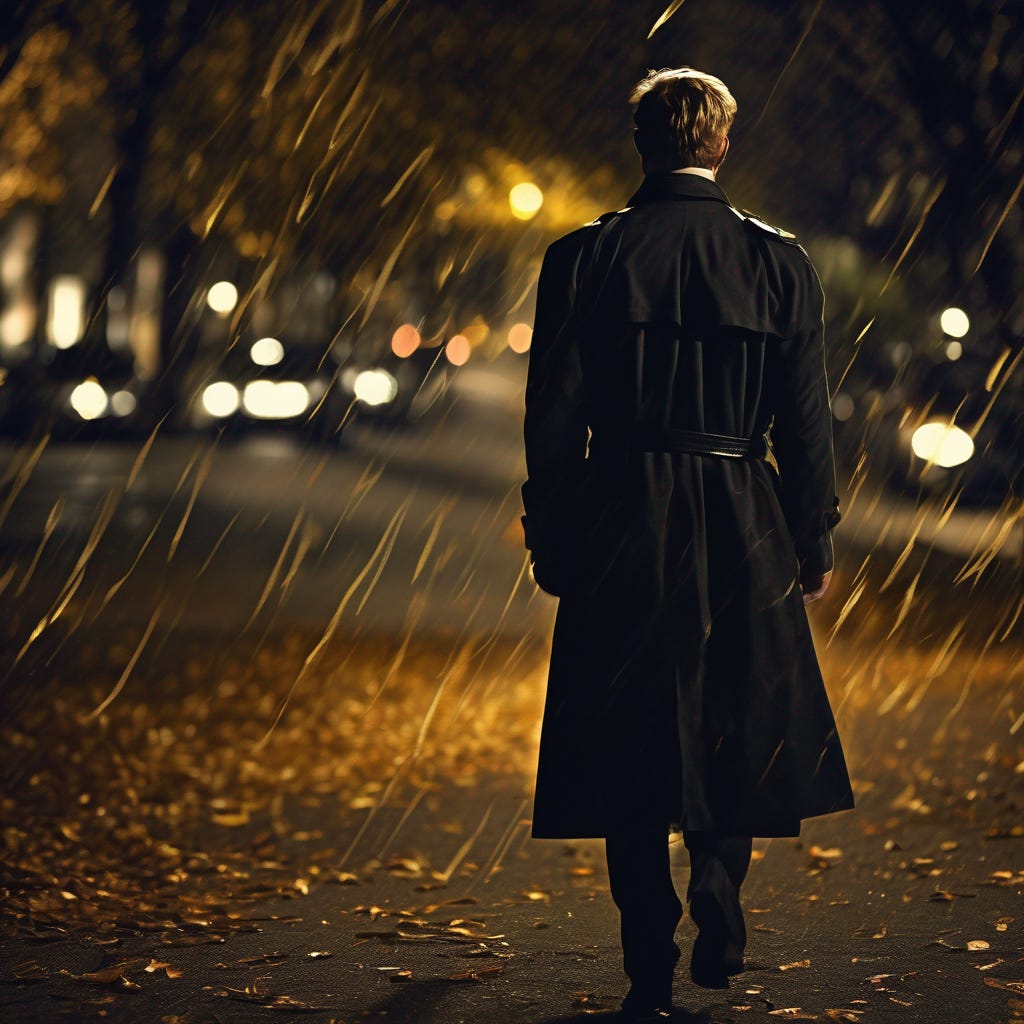Readers unfamiliar with "Eyes" may prefer to read these notes only after reading the story.
The leaves were gone when the wind returned past sunset, and there was nothing left to do but help the empty branches claw at the sky. An unlatched gate fought its brown-rusted hinges. An empty silver trash can toppled off the curb, its lid clattering pinwheel until it struck the rear bumper of a small truck at the corner. A shutter banged open, slammed shut, and froze. Curtains trembled. Shadows walked. Streetlamps grew brittle, hazed white light without a promise of warmth. The only traffic signal in town swayed like a hanged man, tugging at its guy wires until it flared just red....
This is the “pastel in prose” that opens “Eyes.” It conveys eloquently the colors, sounds, and climate of a night in the late, lonesome October.
This being a Charles L Grant short story, we can count on meticulous word pictures and scene-dressing. As action proceeds, however, the prose through-line will grow leaner.
Shorter sentences.
One sentence paragraphs.
Dialogue as action.
“Eyes” has the Charles L. Grant failed father figure trying not to remember a crime -- perhaps inadvertent or even accidental -- against a child or spouse.
Then the quick foreshadowing of that crime’s punishment coming at long last home to roost.
“Eyes" ends perfunctorily when compared to crescendos that conclude “If Damon Comes” (1978) or “A Garden of Blackred Roses” (1980). Especially given that the father’s punishment consists in a willful act explored deftly by Freud in his 1919 essay on Hoffmann’s 1817 story “The Sandman.”
Grant’s style of horror was not as quiet as his reputation suggests.
Jay
Audio version:




